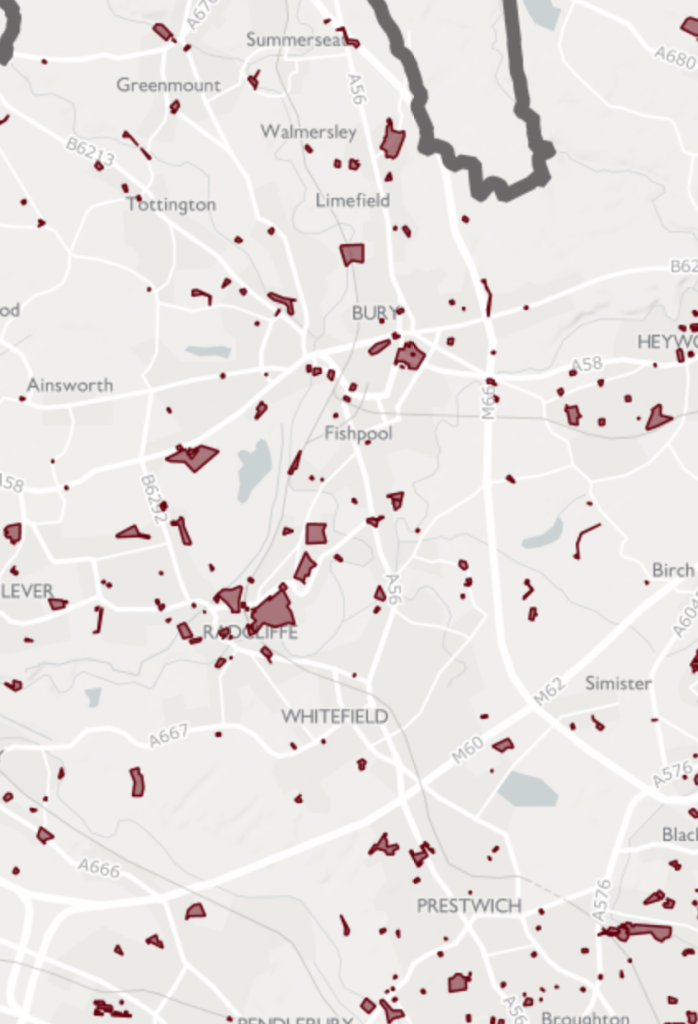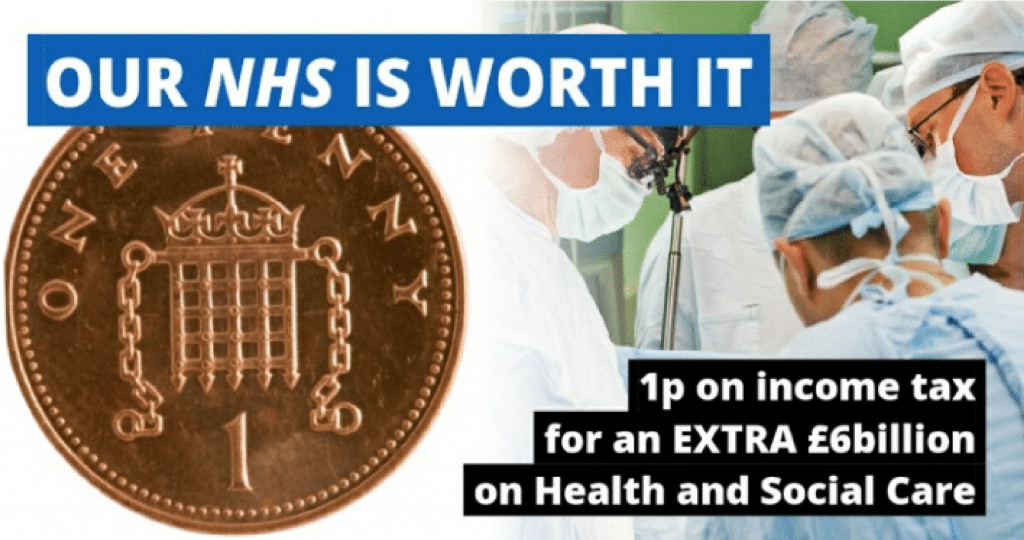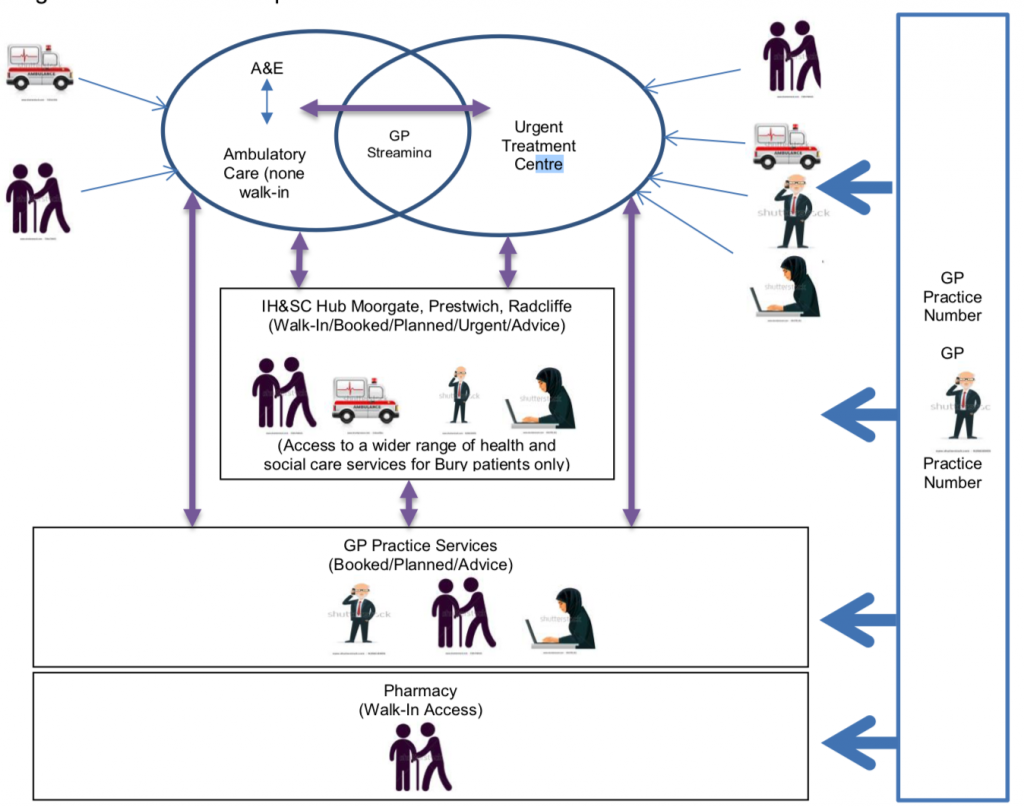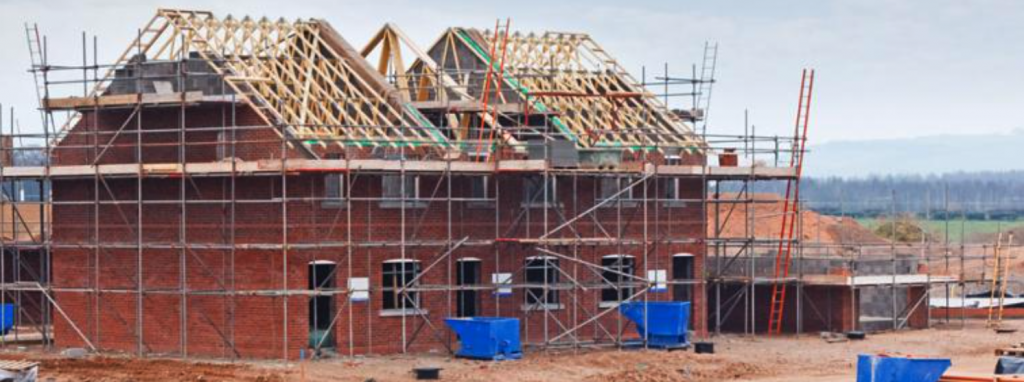Last week was Bury’s annual ‘Budget Council’. This is the meeting of all 51 councillors where the Budget for 2018-19 is set, including the all important council tax rates from April.
The proposals of the majority Labour Group were voted through. This is a Council Tax rise of 5.94% from 1 April 2018. The actual rise for residents will be about 6.35% when you add in the Council Tax charges from the Greater Manchester Mayor Andy Burnham.

The Liberal Democrat Councillors voted AGAINST this budget. This is a rise of practically 17% in three years which we were not prepared to accept.
The increase is made up of a basic increase of 2.94%, plus a further 3% ‘social care levy’. This is the maximum increased any Council is allowed by Government without a referendum. There are then the areas of Council Tax set by the Greater Manchester Mayor (Police, Fire, and a new Mayoral Precept to pay for the office of the Mayor). When the increases are taken into account the increase is around 6.35%. The Council Tax rates from 1 April 2018 are below.
The budget included very significant cuts to services – £32 million over three years – but with precious little actual detail on what these might mean. The Government continues to make life very difficult for local councils, with huge cuts in funding every year, but we feel that the Council should be more up front with residents about what savings are required and what choices need to be made. The bulk of the extra 1% of council tax rise proposed by the Labour group was to go on Children’s social care costs, which have been under extreme pressure recently.
What did Liberal Democrat councillors do?
The Liberal Democrat Group voted against the budget. Although we recognise that so much money has to be saved we felt that we couldn’t vote for £32 million of cuts when we didn’t know what they would mean to ordinary people and we couldn’t support such a huge increase in Council Tax.
We did propose changes to the budget:
– More money to tackle litter and dog fouling with more bins for streets and parks.
– £500,000 to ‘kickstart’ the recently announced Prestwich Town Centre Challenge regeneration programme. In Prestwich we’re fed-up of hearing promises that the village centre will be improved and we need to put some money behind the plans to bring in further investment.
– £10 million pounds to fix potholes and roads, over three years, so desperately needed. At present Council’s have access to very cheap borrowing rates AND we currently spend nearly £1 million each year on dealing with compensation claims for poor road surfaces. We would rather spend that money on FIXING the roads!
Our proposals to fix roads and invest in Prestwich were defeated with every single Labour and Conservative Councillor voting against.
Hope this information is useful. Your comments and views are always welcome and appreciated.
The papers for the budget meeting are here.
Council Tax for 2018/19 is: (current year in brackets)
Band A – £1,165.91 (£1,096.26)
Band B – £1,360.24 (£1,278.98)
Band C – £1,554.55 (£1,461.69)
Band D – £1,748.89 (£1,644.41)
Band E – £2,137.52 (£2,009.83)
Band F – £2,526.16 (£2,375.26)
Band G – £2,914.80 (£2,740.67)
Band H – £3,497.76 (£3,288.81)










